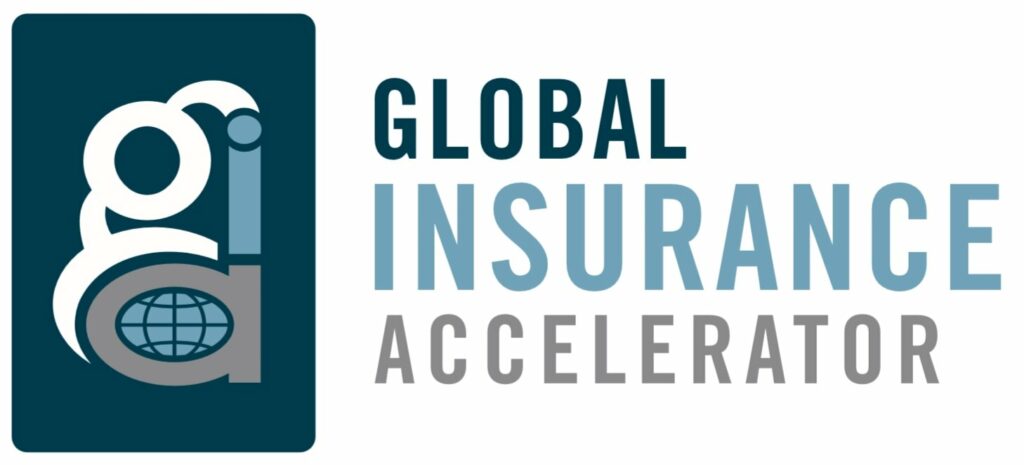Rising health insurance costs force companies to be ‘creative’

Health insurance costs are steadily rising and heading toward even larger increases through the upcoming enrollment period.
The high cost of services and continued effects of the coronavirus pandemic are just some of the factors playing a role in the state of the insurance industry. While companies navigate a tight labor market, insurance benefits are an even more crucial item in hiring and keeping talent.
Insurance rate increases require requests with the Iowa Insurance Division. Wellmark Blue Cross Blue Shield requested a new rate increase for 2023 for its plans initiated before the Affordable Care Act with an average 6.2% increase and does not include rate changes due to age of the members on the policy. UnitedHealthcare proposed a small group rate increase averaging 11% annually, with a maximum uptick of more than 16%. Quartz Benefits requested an average rate increase of more than 8%.
Holmes Murphy Senior Vice President Nataliya Boychenko-Stone observes cost increases from different perspectives working for the health insurance broker and consulting firm based in Waukee. Boychenko-Stone recognizes what is driving costs and what comes next from working between employers and insurance companies.
“We have seen an intensified increase in the last year,” she said. “We’re seeing an increase in the frequency of high-cost claims. From the COVID pandemic and overall, we are seeing delayed care, which is increasing utilization.”
Delayed care is more than just a side effect of the pandemic. Dave Daniel, vice president of sales and retention for Wellmark, said the pandemic caused many people to put off preventive exams and delay their regular visits. Illnesses went unrecognized and undertreated as people stayed away from hospitals and clinics. The already overwhelmed health care system struggled to take in new patients while COVID patients occupied more than 70% of in-patient beds at the peak of the pandemic.
“And because people were skipping some of those preventive and more routine visits, medical issues may have gone unnoticed longer than they would have and are now more severe or led to new and bigger issues,” he said.
Medical advancements have also led to higher costs of services, and in turn a higher frequency of large claims. Boychenko-Stone said those in the industry used to refer to the “million-dollar claim,” but the “2 million-dollar claim” is more fitting today. New, higher-priced prescription medications and modern technology make providing services more costly. Insurance companies have seen double-digit rate increases in stopgap insurance for years as a byproduct of keeping up.
In the throes of COVID, a labor shortage and a downturn in the economy are bringing up memories of December 2007, when the U.S. was on the eve of recession. Throughout the following 18 months, economists estimate about 9 million people lost health insurance coverage, according to a study by Cornell University.
A Duke University study shows about 2.7 million lost coverage in April 2020 alone.
Whether a recession of that magnitude is in store again remains to be seen. The labor shortage in Iowa is already here. Iowa’s current unemployment rate is just 2.6% as of August. Polk County sits at 2.8% and Dallas at 2.1%.
Attracting and retaining employees is a more nuanced task than ever before. Wages, hours and benefits are just the starting point.
“It used to be that we took out employee benefits in the little piece of the pie and made decisions around specifically benefits,” Boychenko-Stone said. “I don’t see that as effective anymore. There are a lot of different things an employer does that impacts retention. This renewal season we will see employers rethinking what their culture is like.”
Diversity, equity and inclusion efforts are a growing emphasis, she said. As millennials make up the majority of the workforce by 2025, more value should be placed on diversity, culture, and a clearly stated and meaningful purpose.
“They want to know, ‘Why do I do this? I want to feel like I matter,’” Boychenko-Stone said. “Employers are more and more creative. From the benefits portion, they need to be nimble and creative and open to different solutions.”
Companies make a number of measured decisions when it comes to choosing a health insurance policy, just as employees do when considering employment. Copays, deductibles and out-of-pocket limits certainly weigh into the equation, but there is something else that is equally important.
“Many employees value consistency,” Daniel said. “They want to know that they have access to a broad set of health care providers and that they will have coverage when they need it.”
Beyond the staples of good health insurance coverage like basic life, dental and vision, modern insurance has a variety of benefits that are becoming more widely adopted, or will be in the near future. Mental health coverage is near the top of that list. Fertility benefits follow closely behind. As of now, 14 states have infertility insurance laws. Iowa is not one of them, but it is becoming a more common benefit in the state as well.
A Mercer survey, commissioned by Resolve.org, found about half of 459 responding employers offered some type of fertility benefits in 2021.
The pandemic and its effects on the entire health care industry were unprecedented. One thing insurers and employers can prepare for is policy change at the state and federal levels. Health insurance is among the most talked about topics lawmakers wrestle with. That is why insurance companies constantly stay abreast of the latest rumblings coming from the Capitol.
“Wellmark works to educate all stakeholders about the impacts of health policy proposals,” said Scott Sundstrom, vice president of government relations and communications with Wellmark. “When legislation is enacted that affects our clients, we communicate with them regularly about what to expect as the new laws or regulations are implemented.”
Sundstrom advises business clients to use the Iowa Association of Business and Industry and the Iowa Business Council as resources. Both organizations serve to support Iowa businesses through education and advocacy.
Boychenko-Stone said this is a unique time and a “peculiar” marketplace, with applications being down and costs on the rise across the board.
“I’ve been at Holmes Murphy for over 16 years. This is the first time I’m seeing employers decreasing deductibles and dropping costs to create unique incentives for employees,” she said.
Joe Fisher is a freelance contributing writer.







